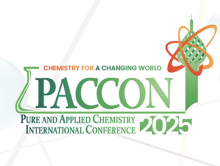Path2Green
Approach to address the pressing need for efficient and transparent evaluation techniques to assess extraction processes’ sustainability. In response to society's growing demand for natural products and the consequent surge in biomass exploration, a critical imperative arises to ensure that these processes are genuinely environmentally friendly. Extracting natural compounds has traditionally been regarded as a benign activity rooted in ancient practices. However, contemporary extraction methods can also significantly harm the environment if not carefully managed.


